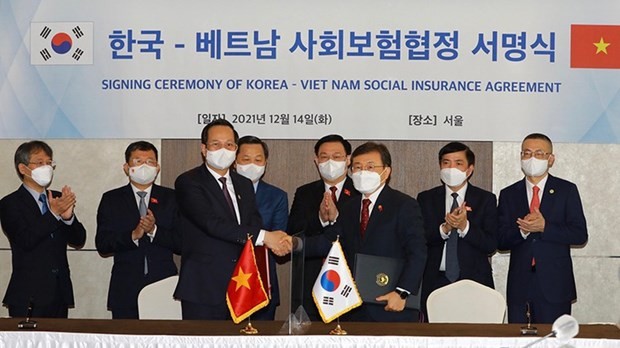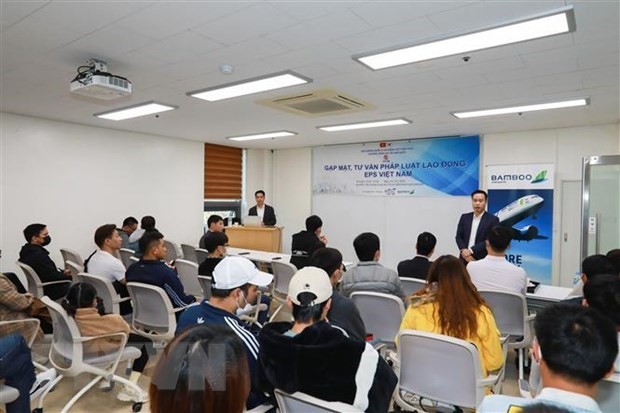 ( ! ) Deprecated: strip_tags(): Passing null to parameter #1 ($string) of type string is deprecated in /var/www/html/wp-content/themes/Newspaper/loop-single.php on line 64
Call Stack
#TimeMemoryFunctionLocation
10.0000463808{main}( ).../index.php:0
20.0000464160require( '/var/www/html/wp-blog-header.php ).../index.php:17
30.03913776312require_once( '/var/www/html/wp-includes/template-loader.php ).../wp-blog-header.php:19
40.04043768456include( '/var/www/html/wp-content/themes/Newspaper/single.php ).../template-loader.php:106
50.11784521568get_template_part( $slug = 'loop-single', $name = ???, $args = ??? ).../single.php:20
60.11784521880locate_template( $template_names = [0 => 'loop-single.php'], $load = TRUE, $load_once = FALSE, $args = [] ).../general-template.php:206
70.11794521976load_template( $_template_file = '/var/www/html/wp-content/themes/Newspaper/loop-single.php', $load_once = FALSE, $args = [] ).../template.php:745
80.11794522744require( '/var/www/html/wp-content/themes/Newspaper/loop-single.php ).../template.php:812
90.12744694560strip_tags( $string = NULL ).../loop-single.php:64
" />
( ! ) Deprecated: strip_tags(): Passing null to parameter #1 ($string) of type string is deprecated in /var/www/html/wp-content/themes/Newspaper/loop-single.php on line 64
Call Stack
#TimeMemoryFunctionLocation
10.0000463808{main}( ).../index.php:0
20.0000464160require( '/var/www/html/wp-blog-header.php ).../index.php:17
30.03913776312require_once( '/var/www/html/wp-includes/template-loader.php ).../wp-blog-header.php:19
40.04043768456include( '/var/www/html/wp-content/themes/Newspaper/single.php ).../template-loader.php:106
50.11784521568get_template_part( $slug = 'loop-single', $name = ???, $args = ??? ).../single.php:20
60.11784521880locate_template( $template_names = [0 => 'loop-single.php'], $load = TRUE, $load_once = FALSE, $args = [] ).../general-template.php:206
70.11794521976load_template( $_template_file = '/var/www/html/wp-content/themes/Newspaper/loop-single.php', $load_once = FALSE, $args = [] ).../template.php:745
80.11794522744require( '/var/www/html/wp-content/themes/Newspaper/loop-single.php ).../template.php:812
90.12744694560strip_tags( $string = NULL ).../loop-single.php:64
" />
 |
| Vietnamese Minister of Labour, Invalids and Social Affairs Dao Ngoc Dung (front, left) and the RoK’s Minister of Health and Welfare Kwon Deok-cheol sign the bilateral agreement on social insurance on December 14, 2021. Photo: VNA |
The Vietnamese Government has issued a resolution approving an agreement on social insurance signed between the Government of Vietnam and the Government of the Republic of Korea (RoK) on December 14, 2021, the Vietnam News Agency (VNA) reported on Tuesday. The agreement is expected to provide greater social security to employees in both countries.
Over the past few years, the majority of Vietnamese guest workers have been employed in the Republic of Korea (RoK). This is in addition to the growing bilateral trade and investment, which has led to an increase in the number of RoK nationals coming to work in Vietnam.
The comprehensive bilateral agreement on social insurance, containing five parts and 24 articles, is seen as an imperative requirement to generate beneficial circumstances for the movement of workers and safeguard the rights and interests related to social insurance of employees from both countries.
It aims to prevent double social insurance contributions being paid by Vietnamese and South Korean citizens who are employed in each other’s countries.
The Ministry of Foreign Affairs is responsible for managing the procedures associated with the agreement.
Meanwhile, the Ministry of Labour, Invalids and Social Affairs is responsible for chairing and coordinating with relevant ministries and agencies to sign an administrative agreement in accordance with Article 13 of the agreement, as well as organizing the implementation of the agreement after the Government’s approval.
In 2004, the Republic of Korea (RoK) and Vietnam inked an accord to allow Vietnamese citizens to work in the RoK through the Employment Permit System (EPS). This agreement marked the commencement of a mutually beneficial relationship between the two countries.
According to the Korean Ministry of Employment and Labour, the country has a plan to employ approximately 110,000 migrant workers this year to work in various industries, such as farms and factories. However, some businesses have suggested that an even larger number will be required for their operations to continue running smoothly.
Vietnam has set an ambitious goal of sending 10,000 workers to the Republic of Korea (RoK) by 2023. Since the start of 2021, 3,600 labourers have already been dispatched to the East Asian nation through the Employment Permit System (EPS) program.
 |
| At a gathering to provide legal consultancy for Vietnamese guest workers in Gyeonggi province and surrounding areas. Photo: VNA |
Last year, Vietnam sent nearly 9,000 workers to the Republic of Korea (RoK) under the Employment Permit System (EPS) programme, out of 70,000 set for 16 selected countries.
The EPS Vietnam Office in the Republic of Korea (RoK) will coordinate with the labour management board and the Vietnamese Embassy in the RoK to provide training for the workers, helping them quickly integrate into the host society.
Joint efforts will be undertaken to raise awareness of Korean laws among guest workers, with further measures to be implemented to support them, according to Pham Minh Duc, Head of the EPS Vietnam Office in the Republic of Korea (RoK).
On April 23rd, the Vietnam EPS Labour Management Office and the Support Centre for Foreign Workers in Uijeongbu, a city in Gyeonggi province, joined forces to hold a meeting with Vietnamese laborers working in the area. The purpose of the gathering was to provide updates on the Republic of Korea’s laws to the workers.
As the Republic of Korea (RoK) continues to be an attractive destination for Vietnamese workers, the office has decided to make law popularisation meetings a regular activity to strengthen management and provide support for Vietnamese labourers. This will help to ensure that they adhere to the terms of their signed contracts and obey the host country’s laws.
At the gathering, attendees were also imparted with information concerning the working and living environment in the Republic of Korea, as well as banking and finance services for those employed under the Employment Permit System program.




